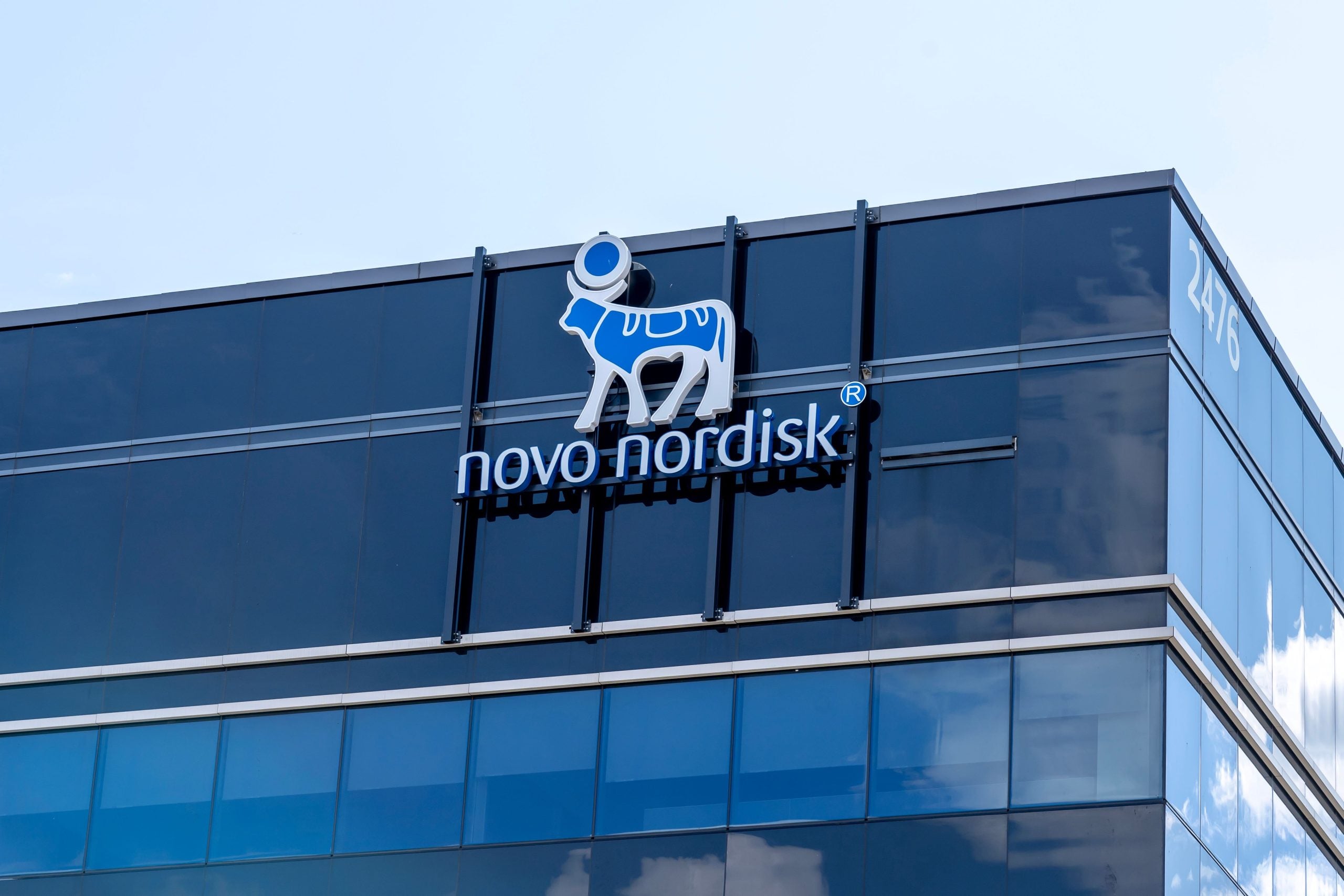
Danish pharmaceutical company Novo Nordisk and US medtech start-up, Valo, have partnered to use Valo’s AI-powered human dataset to discover and develop new cardiometabolic treatments.
Valo will receive an upfront payment and a potential near-term milestone payment of $60m, the companies said in a statement on Monday (27th Sept). Valo could receive up to $2.7bn if a milestone of 11 programmes is reached, as well as R&D funding and potential royalty payments.
Novo Nordisk is also licensing three preclinical drug discovery programmes in cardiovascular diseases, discovered and developed by Valo using its Opal Computational Platform.
Valo’s Opal Computational Platform leverages AI-enabled small molecule discovery and human tissue modelling to aid in the discovery of new drugs.
“Artificial Intelligence and machine learning hold the promise to positively impact drug discovery and development, in particular enabling our vision of leveraging human datasets early in the process, which should lead to a better understanding of target biology,” said Marcus Schindler, executive vice president and chief scientific officer of Novo Nordisk.
Novo Nordisk beat LVMH to become Europe’s most valuable company in September following the massive success of its weight loss drug Wegovy and its diabetes drug Ozempic.
How well do you really know your competitors?
Access the most comprehensive Company Profiles on the market, powered by GlobalData. Save hours of research. Gain competitive edge.

Thank you!
Your download email will arrive shortly
Not ready to buy yet? Download a free sample
We are confident about the unique quality of our Company Profiles. However, we want you to make the most beneficial decision for your business, so we offer a free sample that you can download by submitting the below form
By GlobalDataThe company was suspended as a member of the Association of the British Pharmaceutical Industry (ABPI) for two years due to serious breaches of the ABPI Code of Practice. The company was deemed “likely to bring discredit on or reduce confidence in, the pharmaceutical industry.”
The use of AI to develop new drugs is nothing new but pharmaceutical companies have been ramping up their AI operations in recent months.
In April, vaccine maker Moderna partnered with IBM to examine how quantum computing and artificial intelligence (AI) can be used to develop future mRNA medicines.
The UK launched its AI in Health and Care Awards in 2019 to help patients with long-term conditions, improving the accuracy of diagnosis, and more recently, improving the waiting times during Covid backlogs. As of March, the UK Government had granted 86 AI technologies with £123m.
According to data supplied by research firm GlobalData, mentions of AI in relation to the pharmaceutical sector reached a peak in Q3 2023 with 510 mentions.
With increased investment from Big Tech, advances in AI are shaping drug research and development. AI-integrated drug discovery has also, in turn, accelerated the growth of the pharma sector.
Our signals coverage is powered by GlobalData’s Thematic Engine, which tags millions of data items across six alternative datasets — patents, jobs, deals, company filings, social media mentions and news — to themes, sectors and companies. These signals enhance our predictive capabilities, helping us to identify the most disruptive threats across each of the sectors we cover and the companies best placed to succeed.






